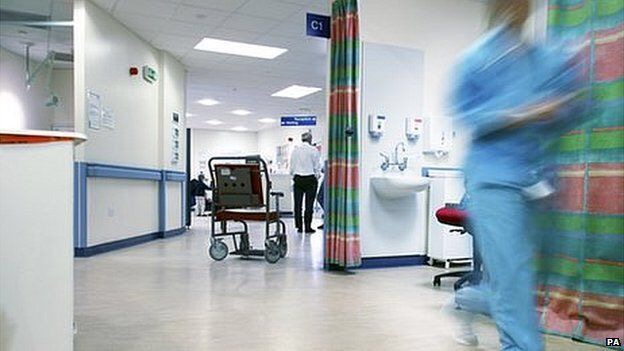A single Manchester bid has been awarded £28.5m from the NIHR, bringing lifesaving tests and treatments a step nearer for millions of people.
The bid has only been made possible through bringing together the recognised clinical and research expertise from across health and academia, which demonstrates the connectivity and collaboration that is central to making Greater Manchester devolution a success.
The successful bid has been hosted by Central Manchester University Hospitals NHS Foundation Trust, in partnership with The University of Manchester and the partnership also involves The Christie NHS Foundation Trust, Salford Royal NHS Foundation Trust, University Hospital of South Manchester NHS Foundation Trust and is supported by Manchester Academic Health Science Centre.
It will see Manchester granted prestigious NIHR Biomedical Research Centre status.
This will drive forward pioneering research into new tests and treatments in the areas of musculoskeletal disease, hearing health, respiratory disease and dermatology and three cancer themes (prevention, radiotherapy and precision medicine).
Manchester’s researchers impressed an international panel of experts with their unique proposals that will accelerate the translation of early stage research into new diagnostic tests and treatments to benefit patients of all ages and backgrounds in Greater Manchester and beyond. This will make Manchester ideally placed to attract further research investment that will give our patients early access to new and ground-breaking treatments and will deliver wider value to the economy.
Jon Rouse, Chief Officer of Greater Manchester Health and Social Care Partnership, the body overseeing the devolution of the £6bn health and social care budget, said:
“The new partnership approach under devolution means that we have both the opportunity – and the means – to combine the talents of people from a whole range of areas to benefit our population. This hugely welcome funding is recognition that in Greater Manchester we can combine the best clinical skills with the best research, innovation and academic talent to take huge steps in improving the health and wellbeing of our people.’
Professor Ian Bruce, Director of the NIHR Manchester BRC, added: “Working closely with patients, we will use the latest advances in biology, medicine and health technology to better predict disease and likely treatment response. The new diagnostic tests and therapies we develop will enable doctors to offer a more tailored approach and to better personalise treatments to the individual. We are also working on better ways to prevent disease developing in the first place.”
Sir Mike Deegan, Chief Executive of Central Manchester University Hospitals NHS Foundation Trust, explained: “The achievement of a BRC for Manchester is a landmark moment which will see £28.5m directly invested into finding new ways of preventing, predicting and treating some of the major causes of premature death and disability,” commented “Bringing together our research expertise has only been made possible by the unique connectivity which devolution provides.”
Professor Dame Nancy Rothwell, President and Vice-Chancellor of The University of Manchester, said: “The BRC focuses the research efforts of the University and NHS Partners so that we can address the considerable health needs of Greater Manchester. As the areas of research being targeted by the BRC represent complex global health issues our work also has the potential to have an impact much further afield.”
Roger Spencer, Chief Executive of The Christie, said: “Having a BRC that focuses on three areas of cancer research is to be warmly welcomed. Together with cutting edge advances in treatment such as the new proton beam therapy unit, The Christie is improving research into cancer which means we will be even better able to serve the health needs of this region.”







